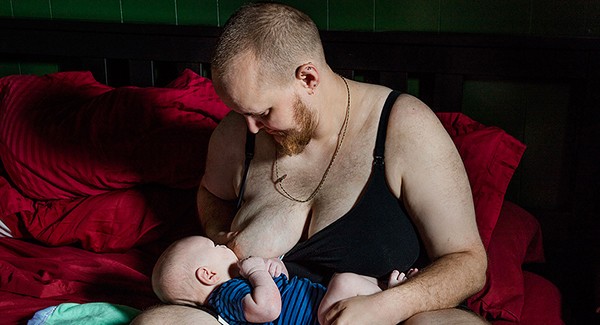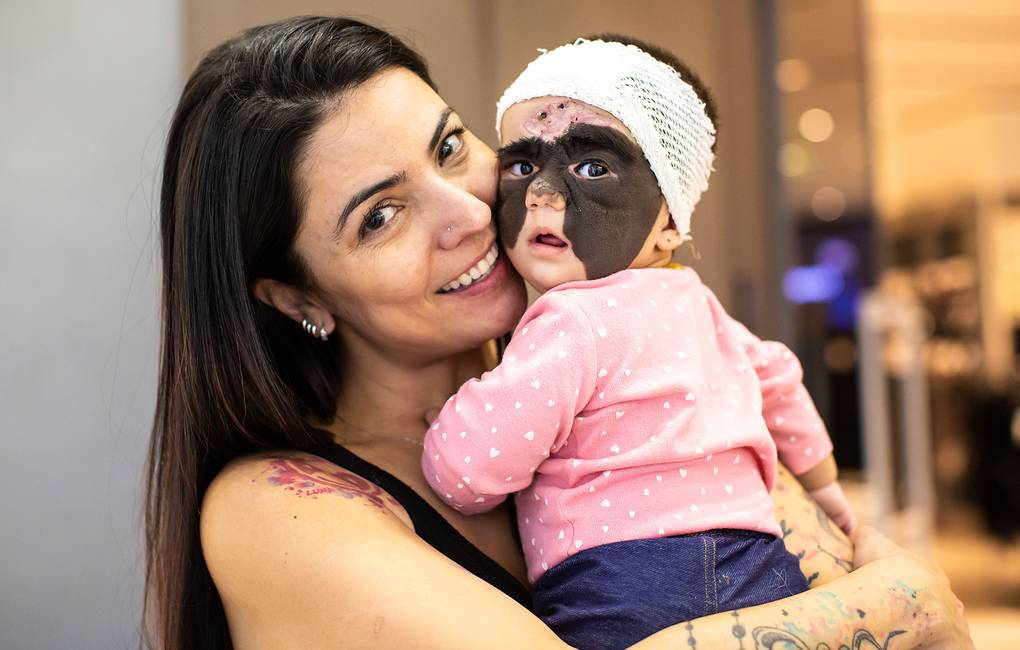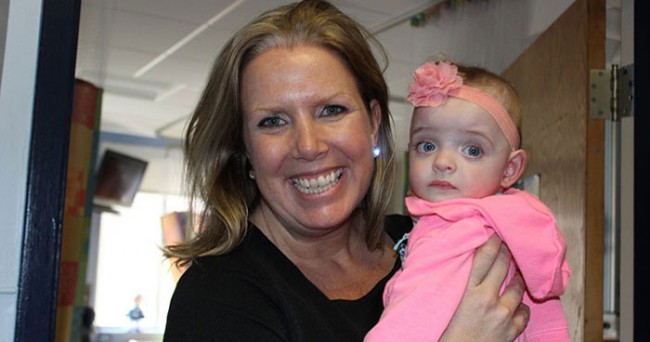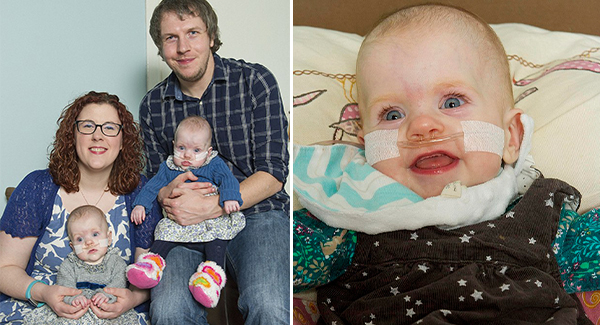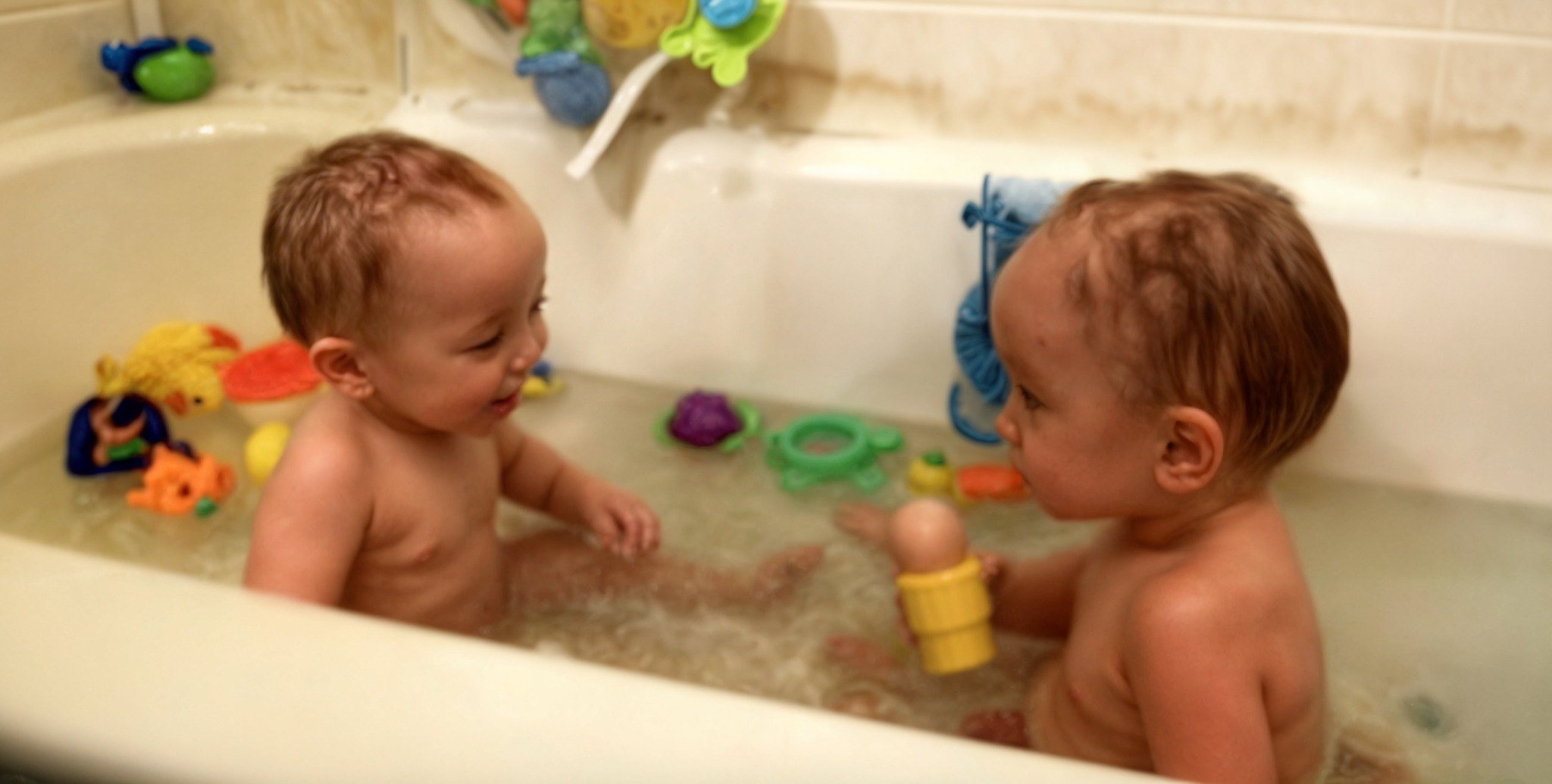
The 10 Secrets About Sleep And Settling Help For Babies And Toddlers Only A Handful Of People Know.
dictions. They can be overwhelmed by a sense of joy and love, and at the same time be burdened by sleeplessness and anxiety when their baby is unsettled. Excitement may at times give way to exhaustion and a sense of helplessness. Much is written and known about the sense of joyous love. Much less about the exhaustion and frustration parents may experience. By addressing these issues, albeit briefly, this booklet aims to inform parents, validate the way they feel during these challenging times, and provide some insights into the secrets for settling babies. As parents, you will be confronted with lots of conflicting advice regarding feeding, settling, and bringing up your child. Above all this ‘noise,’
you need to trust your intuition; your heart; your gut feelings. There is only one strict rule in child-rearing, and that is that there is no strict rule. Be yourself; trust yourself. Value your instinctive way of relating to your baby, and the rest is fairly simple. Doubts along the way will come and go and go to come again, but be confident that you know best. This booklet contains a set of guideposts to help you on your special journey

How common are crying and sleep problems?
Very common. Two of the most common problems for which parents seek advice from healthcare professionals are persistent crying and sleep difficulties. Let me assure you that difficult, unsettled babies are the norm. You are not alone when your baby cries and fusses for no obvious reason.
How much crying is excessive?
Crying is normal. Excessive crying is defined as greater than 3 hours each day and more than 3 days a week. However, many parents would define it with lesser amounts, which is quite reasonable. Complex factors such as babies’ innate temperament, individual adjustment to the transition from the womb, and learned behaviors all interplay with the cause of the crying.
Crying is rarely due to something the parents are doing wrong. Some babies simply cry more than others, and in most cases, crying can be expected to be worse in the late afternoon or evening.
If you think your baby cries too much, seek advice from your Pediatrician or health professional. Keep a record of each hour, day and night, for a couple of days if you are unsure. Such a diary helps gain a clearer perspective on the amount your baby cries.

Why has my baby become more unsettled?
Babies gradually become fussier over the first weeks of life. Crying and general irritability peak at 6-8 weeks. Even though excessive fussiness may then resolve over the next few months, sleep issues can become a growing problem.
Why do babies cry?
Crying is normal. Crying is a means of communication, expression, and getting rid of pent-up energy or tension. As babies get older, they learn to verbalize (use baby language and words), play, and become more physically active. These developments reduce the periods of crying. Your baby may cry for an obvious reason like hunger, a dirty diaper, feeling hot or cold. Your baby may be unwell. Irritable babies first need to be assessed by a health professional to rule out an underlying physical cause.
The following may cause excessive infant crying:
- Cow’s milk protein allergy
- Reflux (gastro-esophageal reflux)
- Urinary tract Infection
- Insufficient caloric intake
- Thrush or ear infection
- A myriad of other but less common causes
In my view, easily the most common identifiable cause of infant irritability/colic/ unsettled behavior is Cow’s Milk Protein Allergy (CMPA). Continue to breastfeed if possible and eliminate all dairy products from the mother’s diet for 7 days trial. If bottle-fed, a trial of hypoallergenic formula for 7 days a week can help reach a diagnosis and help your baby/ family.
Infants will generally grow out of milk allergy in the first year or two of life. See your health professional discuss these trials, and how to replace maternal calcium, and also when and how to rechallenge your baby with cow’s milk-based formulas.
How much sleep does my baby need?
Babies have individual needs. Even siblings with the same parents in the same house may have very different needs. It is the same for sleep There is a range of expected sleep needs, but there are no hard and fast rules. As you spend more time with your baby, you will understand more about your baby sleep needs, cues, and patterns. Just try to establish a routine for regular settling behaviors.
- A newborn baby, in the first 2-3 weeks, will generally require 16 – 20 hours per 24-hour period. Feeding and sleeping are more predictable at this early age, but after 2 – 3 weeks things usually get tougher
- After 3 weeks parents often find their baby sleeps less (approximately 16 – 18 hours) and cries more.
- 6 weeks may see your baby sleep around 15 – 16 hours each day.
- By 4 months babies may sleep 5 – 10 hours plus 2 naps of 2 – 3 hours each.
- A baby of 6 – 7 months can sleep through without an overnight feed, giving you anywhere from 6 – 12 hours, plus morning (1 – 2 hours) and afternoon (1 – 2 hours) naps.
- By 9 months the average sleep can be 11 – 12 hours overnight plus 2 naps, and by 12 months babies may sleep 12 hours with 2 daytime naps that may be shortening.
Is it OK to feed my baby to sleep?
If that is what you want to do. However, keep in mind that feeding your baby to sleep will become the expected routine for your baby. It is reasonable in the first few weeks, but babies learn behaviors at a very young age and the sooner you can adopt a FEED, PLAY, SLEEP routine, the less stress on everybody.
Newborn babiesmostly feed and sleep. However, by the age of two or three weeks, your baby will need periods of play, stimulation, and interaction.
From a few weeks of age, your baby can begin to follow a FEED, PLAY, SLEEP routine. This means feeding your baby and allowing some playtime before going to sleep. Try to have a play with your baby after feeds, before sleep time. Play, smile, interact and then place in the crib still awake. For your newborn, ‘play’ may simply be lying under the play gym, or being held and talked to – and it may only be for ten minutes. It is important to allow your baby increased amounts of wakeful, interactive playtime following each feed so that when put to bed your baby will go to sleep because of tiredness and not just because of a full tummy.
Falling asleep in the crib helps establish self-soothing behaviors which are important in settling and sleeping for older babies. Repetitive, rhythmic sounds in the baby’s room can help as well.
Babies quickly learn to associate one thing with another and if your baby connects being fed with going to sleep, you will soon have a baby who cannot settle without a feed. Not so enjoyable at 3 a.m.! If you include playing in your baby’s daytime routine not only will you be increasing learning and development, the physical activity helps reduce pent up energy.
As your baby grows, continue the FEED, PLAY, SLEEP routine and extend the amount of play. Perhaps your baby can enjoy happy kicking on the floor while watching moving trees and shapes through the window. Then when tired from play, your baby will be calm and ready for bed.
How do I know if my breastfed baby is getting enough milk?
If you are changing 6 – 8 wet diapers each 24 hours and your baby is gaining more than 150 grams/ 5 ozs. every week, then your baby is probably getting enough milk.
There is a lot of advice offered to mothers on this issue. Seek professional opinions from your Pediatrician or other health professionals. Lactation Consultants are available in most centers and have lots of valuable information and guidance to offer.
When can I expect my baby to sleep through the night?
‘Sleeping through’ may only mean 5 – 6 hours straight overnight. You may be lucky enough to score 8 hours and everyone seems to know a ‘fortunate family’ whose baby sleeps 12 hours overnight. A healthy, full-term (not premature) baby of 6 – 7 months can usually sleep through the night without a feed. If you have a baby older than this who is crying out at night, it is probably not due to hunger.
All babies wake up during the night. Some demand their parents’ attention while others can soothe themselves back off to sleep without requiring Mom or Dad’s presence. The difference between a ‘good sleeper’ and a ‘bad sleeper’ is that a ‘good sleeper’ can resettle themselves independently and self-soothe. Soundtracks such as Sounds for Silence can help your baby comfortably re-settle without your physical intervention.

How can I help my baby sleep?
Babies need to learn how and when to sleep. Babies learn certain behaviors at a very early age. What is comfortable for you, your baby, and your family’s lifestyle is important. Establishing a routine and encouraging sleep patterns that are comfortable for you and your baby are vital for regular settling behaviors.
There are some simple measures you can use to soothe your crying baby. An easy to remember strategy is to:
- S = Security: Securely wrap or swaddle your baby up to 4 – 6 months; use security the object for babies after 6 – 7 months
- M = Movement: Repetitive movement like rocking or patting; use a carry sling; a stroller ride or a drive in the car.
- S = Sounds: Sounds for Silence or other constant, low-frequency sound; avoid excessive quiet.
Remember quiet and stillness is NOT what your baby is used to. The womb is noisy, often on the move, and is very tight without much room to move. Adopting the SMS Your The baby strategy helps babies settle and, can encourage self-soothing behaviors.








